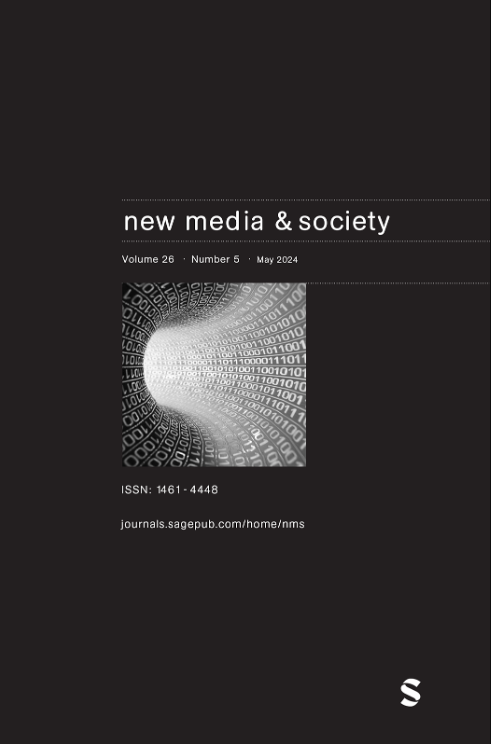第 22 个陷阱:网络极端主义和恐怖主义研究中的机构伦理与研究人员福利
IF 4.5
1区 文学
Q1 COMMUNICATION
引用次数: 0
摘要
本文通过对39位网络极端主义和恐怖主义研究人员的访谈,对这些研究人员在制度伦理过程中的经验进行了实证分析。讨论了这些研究人员在工作过程中面临的危害,包括钓鱼、钓鱼以及因暴露于恐怖主义内容而引起的精神和情感创伤,这突出了强调研究人员福利的必要性。然而,我们发现研究者福利是伦理审查过程中被忽视的一个方面,大多数受访者不需要为他们的研究获得伦理批准,导致对研究者福利问题的关注很少。受访者对伦理程序感到沮丧,这表明委员会往往缺乏必要的知识来做出明智的伦理决定。受访者还强调了一个担忧,即更强调研究人员的福利可能会阻碍他们的“高风险”研究,从而造成一个“第22条军规”:受访者希望更多地强调他们(和同事)的福利,并提供伴随的支持,但又觉得加强监督会使他们的研究更难获得伦理批准,甚至不可能。我们提出了打破僵局的建议,包括伦理委员会和研究人员之间更多的互动;制定有针对性的指导方针;更多的案例研究反映了道德过程。本文章由计算机程序翻译,如有差异,请以英文原文为准。
Catch 22: Institutional ethics and researcher welfare within online extremism and terrorism research
Drawing from interviews with 39 online extremism and terrorism researchers, this article provides an empirical analysis of these researchers’ experiences with institutional ethics processes. Discussed are the harms that these researchers face in the course of their work, including trolling, doxing, and mental and emotional trauma arising from exposure to terrorist content, which highlight the need for an emphasis on researcher welfare. We find that researcher welfare is a neglected aspect of ethics review processes however, with most interviewees not required to gain ethics approval for their research resulting in very little attention to researcher welfare issues. Interviewees were frustrated with ethics processes, indicating that committees oftentimes lacked the requisite knowledge to make informed ethical decisions. Highlighted by interviewees too was a concern that greater emphasis on researcher welfare could result in blockages to their ‘risky’ research, creating a ‘Catch 22’: interviewees would like more emphasis on their (and colleagues’) welfare and provision of concomitant supports, but feel that increased oversight would make gaining ethics approval for their research more difficult, or even impossible. We offer suggestions for breaking the impasse, including more interactions between ethics committees and researchers; development of tailored guidelines; and more case studies reflecting on ethics processes.
求助全文
通过发布文献求助,成功后即可免费获取论文全文。
去求助
来源期刊

New Media & Society
COMMUNICATION-
CiteScore
12.70
自引率
8.00%
发文量
274
期刊介绍:
New Media & Society engages in critical discussions of the key issues arising from the scale and speed of new media development, drawing on a wide range of disciplinary perspectives and on both theoretical and empirical research. The journal includes contributions on: -the individual and the social, the cultural and the political dimensions of new media -the global and local dimensions of the relationship between media and social change -contemporary as well as historical developments -the implications and impacts of, as well as the determinants and obstacles to, media change the relationship between theory, policy and practice.
 求助内容:
求助内容: 应助结果提醒方式:
应助结果提醒方式:


